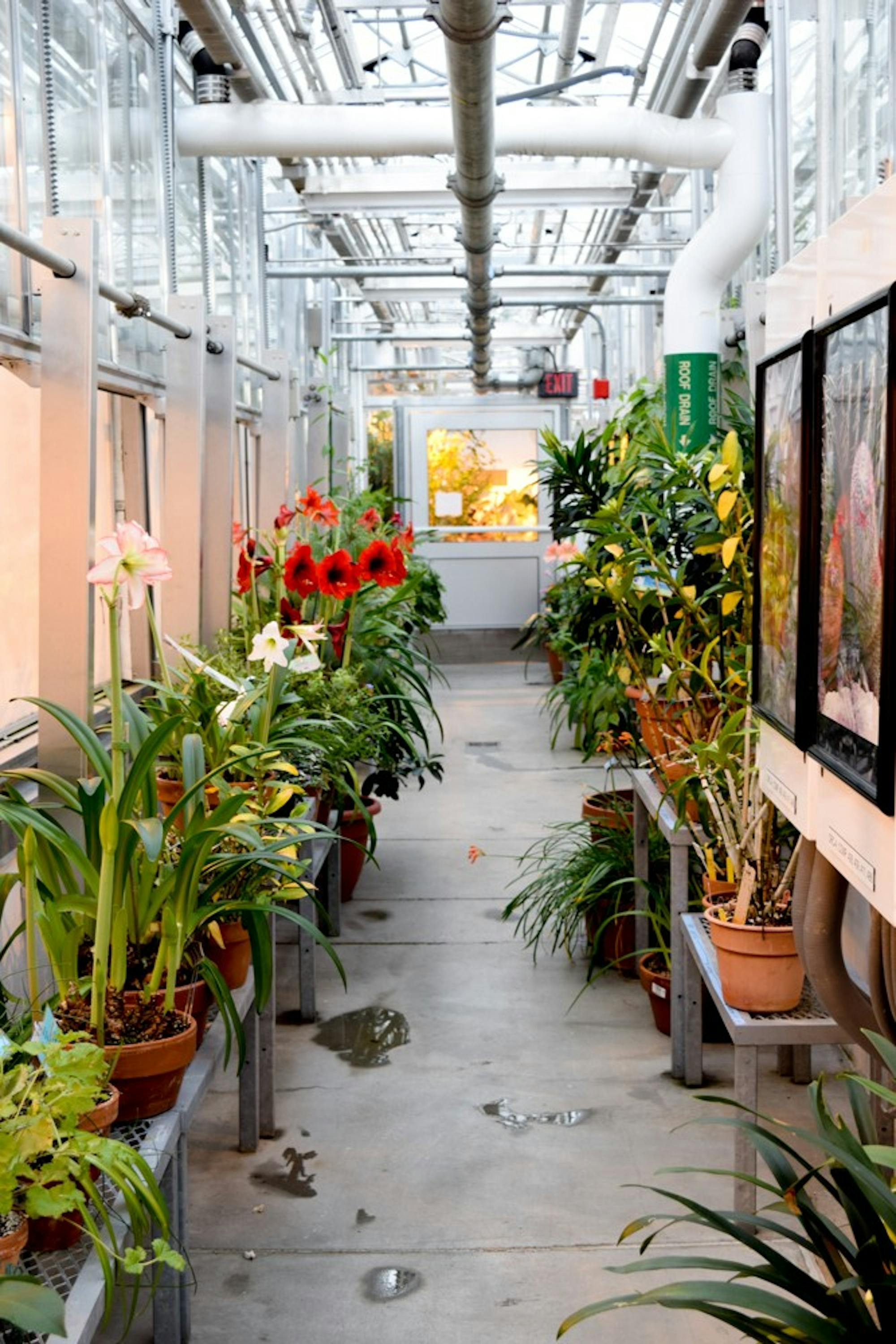Last week, SaveOnEnergy.com, a Texas-based energy consulting firm, ranked Dartmouth 10th in its Green Universities Report. The report listed 25 universities and colleges in the U.S. that “actively prioritize sustainability and reducing their carbon footprint through various on-campus initiatives and community partnerships,” according to a post on the company’s website.
The College received a score of 68.0012 out of 100 possible points, placing it close behind the University of Iowa and the University of Wisconsin-Madison, which placed eight and ninth, respectively, and Brown University, the only other Ivy League school in the top 10, which placed fourth.
The pool of universities in the report were selected from the 2017 U.S. News and World Report Best Colleges list, and then scored based on several sustainability-related factors, including transportation options, access to parks and sources of energy.
Ten percent of the total score came from a grade given by the 2015 United States Department of Agriculture’s Farmer’s Markets by Community List, which measures the number of farmer’s markets available per capita in the proximity of the school. That study cited Grafton County, New Hampshire as having eight farmer’s markets in 2013.
Dartmouth ranked second among all schools in the farmer’s market per capita score, following only the University of Vermont. The ability to buy products from farmer’s markets is an important factor in sustainability, environmental studies professor Andrew Friedland said.
“Purchasing a greater percentage of food from a farmer’s market is preferable to a large chain supermarket, because you’re assured that the food is local,” Friedland said. “That allows you to have a greater connection to your food.”
However, Friedland said that it is unlikely that most Dartmouth students, especially undergraduates, take full advantage of the availability of farmer’s markets.
An additional 20 percent of the Green University ranking came from a score from WalkScore.com, which measured walkability, public transportation and biking options at the schools. Another 20 percent of the total measured the density of parks in the nearest city to the university, receiving data from The Trust for Public Land 2015 Park Score.
The university’s access to eco-friendly energy options also accounted for 20 percent of the score, with data received from the U.S. Department of Energy. The availability of green jobs in the area, measured by the U.S. Bureau of Labor Statistics, provided 10 percent of the score.
The last 20 percent came from the university’s Princeton Review Green Score. Dartmouth received a score of 85 out of 100 in the current ranking by Princeton Review.
Friedland said that reports such as those from SaveOnEnergy.com and Princeton Review do not necessarily accurately reflect the sustainability of the institutions they measure. Often, the surveyor can create a misleading score based on a misunderstanding or lack of data, he added.
“I am pretty skeptical of these rankings, and they’re fairly subjective,” Friedland said. “I don’t get too excited about the great results, nor do I get too worried when we don’t rank highly.”
Friedland currently serves as co-chair of the College’s ongoing sustainability task force, which convened for the first time last fall. Its goal is to make recommendations on reducing Dartmouth’s carbon footprint and updating existing sustainability initiatives to College President Phil Hanlon before Earth Day.
The task force, composing of faculty, administrators and students, has met four times, with the most recent meeting held last week, Friedland said. Topics for discussion have included energy, waste reduction and food procurement.
Elena Bird ’18, a member of the task force, said in an email statement that being on the task force has provided an opportunity to see the “behind the scenes” aspect of how the College’s operation systems.
“It’s been exciting to be a part of this group of people from all over campus who can propose a multitude of perspectives and approaches towards one common goal,” Bird wrote. “These operations are typically out of view of the student body, and I think it’s important for students to be aware of the way their institution operates.”
For the task force’s recommendations, April Salas, the executive director of the Revers Center for Energy at the Tuck School of Business, said that the focus will be to set goals that are realistic, consider potential monetary costs and promote accountability. Salas added that the task force has engaged in a series of community forums to inform Upper Valley residents of their work, trying to keep themselves aligned with Hanover’s sustainability goals.
“We’ve been very transparent about the areas that we’re reviewing ... so we’re in alignment with Hanover’s goals as well,” Salas said. “I’m really excited by how open and inclusive the process has been.”
The task force is proceeding on schedule and has already begun to draft its final recommendations, Friedland said. He added that the task force aims to present its findings to Hanlon in March.
“I’m pleased with the participation we’re getting from faculty, from staff, from graduate students and undergraduates,” Friedland said. “I think we are much stronger than just the individual components and individual people.”




